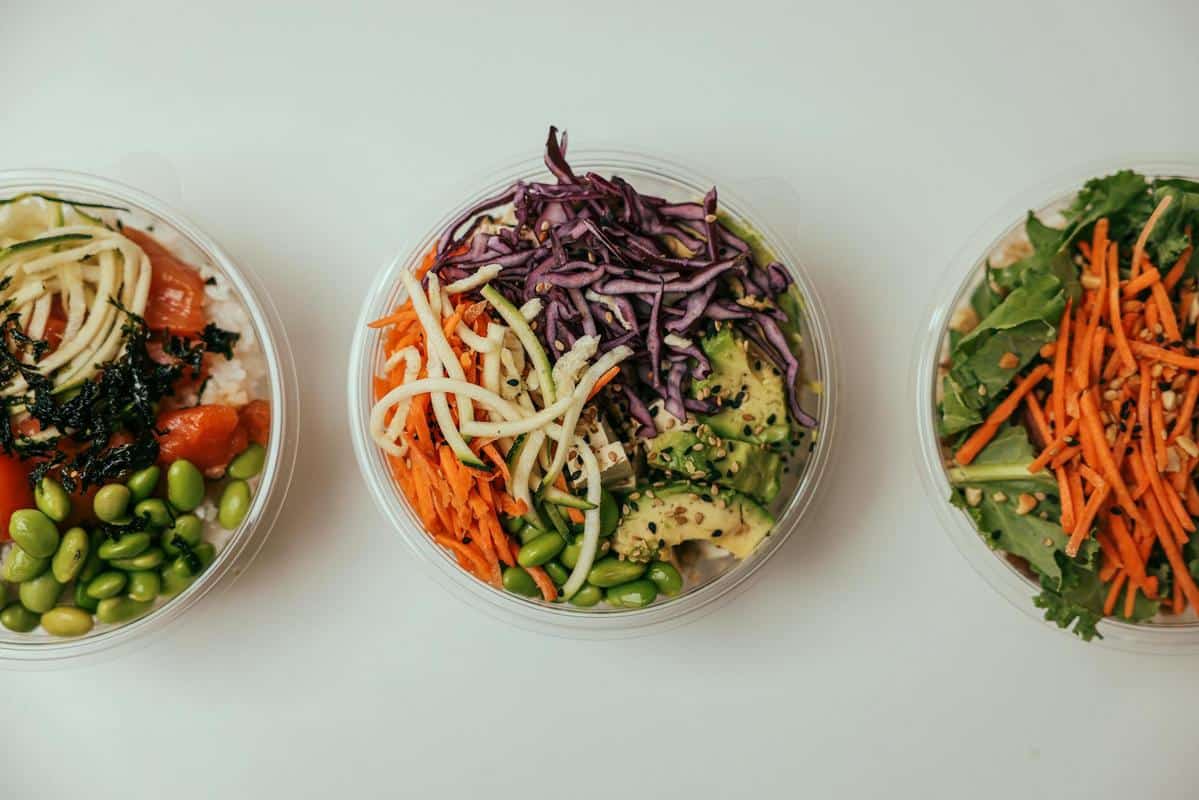
Meal Planning Tips for a Balanced Lifestyle
Balancing nutrition and lifestyle can be a challenge, especially with the myriad of dietary advice available today. However, meal planning can serve as an effective strategy to simplify this process and promote a healthier way of living.
The Importance of Meal Planning
Meal planning is more than just a trend; it’s a practical approach to maintaining a balanced diet. Nutritionists often emphasize its benefits, noting how it can help individuals manage their weight, improve nutrition intake, and reduce food waste. According to the Academy of Nutrition and Dietetics, planning meals in advance can lead to healthier food choices and save time and money.
Expert Insights
Registered dietitian Emily Brown states, “Meal planning empowers individuals to make informed decisions about their diet, ensuring a variety of nutrients are consumed.” This insight highlights how planning can prevent last-minute unhealthy food choices.
Statistics to Consider
A study published in the Journal of Nutrition Education and Behavior found that individuals who plan their meals are more likely to have a higher diversity of meals, which contributes to better nutrient intake.
Personal Experience
Consider the case of Mike, a busy professional who struggled with maintaining a balanced diet. By dedicating a few hours on the weekend to plan his meals, Mike noticed he not only ate healthier but also felt more energetic throughout the week.
Actionable Tips for Successful Meal Planning
- Set Clear Goals: Determine what you want to achieve with your meal planning, whether it’s weight management, improving nutrition, or saving time.
- Create a Menu: Plan a weekly menu that includes a variety of foods to ensure a balanced intake of nutrients.
- Make a Shopping List: List all the ingredients you need for your meals to avoid impulse purchases.
- Prep in Advance: Prepare ingredients ahead of time, such as chopping vegetables or pre-cooking grains, to save time during the week.
Sample Meal Plan Table
| Day | Breakfast | Lunch | Dinner |
|---|---|---|---|
| Monday | Oatmeal with fruits | Quinoa salad | Grilled salmon with veggies |
| Tuesday | Smoothie bowl | Chicken wrap | Stir-fried tofu with rice |
| Wednesday | Avocado toast | Lentil soup | Pasta with tomato sauce |
| Thursday | Yogurt and granola | Turkey sandwich | Vegetable curry |
| Friday | Pancakes with berries | Caesar salad | Beef stew |
| Saturday | Egg muffins | Falafel wrap | Chicken stir-fry |
| Sunday | Fruit smoothie | Sushi rolls | Roast chicken |
Frequently Asked Questions
How far in advance should I plan my meals?
It’s advisable to plan meals for a week at a time to ensure variety and flexibility.
Can meal planning help with weight loss?
Yes, meal planning can aid in weight loss by controlling portion sizes and ensuring a balanced intake of nutrients.
Conclusion
Meal planning is a powerful tool for achieving a balanced lifestyle. By setting clear goals, creating a diverse menu, and preparing in advance, you can enjoy the benefits of improved nutrition and better health. Start small, stay consistent, and adjust your plans as needed to fit your lifestyle.


